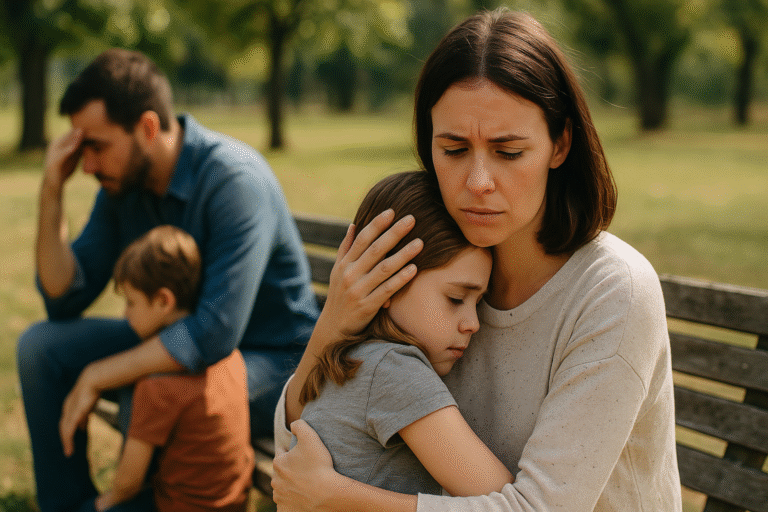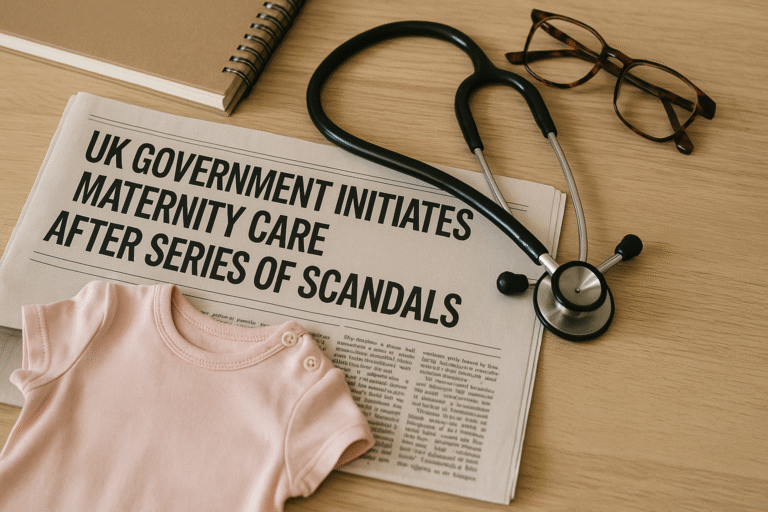In recent times, the discourse around childhood vaccinations has witnessed renewed scrutiny, largely due to claims made by public figures such as Robert F. Kennedy Jr. His stance on vaccines has sparked considerable controversy, often polarizing public opinion and challenging established medical findings. This article delves into the myths perpetuated by RFK Jr., examining the scientific counterarguments presented by health professionals and exploring why misinformation in this area can have serious public health implications.
Vaccines are among the most effective public health interventions, credited with the eradication and control of numerous infectious diseases. Despite this, vaccine hesitancy fueled by misinformation remains a significant challenge. RFK Jr., an environmental attorney and politician, has long been a vocal critic of vaccines, often suggesting a link between vaccinations and health disorders in children—a claim that conflicts with broad scientific consensus.
One of the central claims made by RFK Jr. is the alleged association between vaccines and autism, a belief that has been debunked by multiple studies. The origin of this myth can be traced back to a now-discredited paper published in 1998 by Andrew Wakefield, which suggested a connection between the MMR (measles, mumps, and rubella) vaccine and autism. However, follow-up studies involving millions of children worldwide have found no credible evidence supporting this link. Furthermore, the British Medical Journal labeled Wakefield’s actions fraudulent, leading to the retraction of his study and the revocation of his medical license.
Despite the scientific community’s repeated debunking of these claims, RFK Jr. continues to cast doubt on vaccine safety. His assertions appeal to parental anxieties, complicating efforts to maintain high vaccination rates necessary for herd immunity. The spread of such misinformation can lead to reduced vaccine uptake, which, in turn, increases the risk of disease outbreaks. This is particularly concerning for diseases like measles—once declared eliminated in the United States—that have seen resurgences due to declining vaccination rates.
Health professionals are increasingly vocal in countering RFK Jr.’s claims, emphasizing the robust processes that ensure vaccine safety and efficacy. Vaccines undergo rigorous testing in clinical trials before receiving approval from regulatory bodies like the FDA. Even after approval, vaccines are continually monitored for safety through systems like the Vaccine Adverse Event Reporting System (VAERS) and the Vaccine Safety Datalink (VSD). These systems enable health officials to swiftly respond to any indications of adverse effects, ensuring that vaccines remain one of the safest medical interventions available.
Recent outbreaks of preventable diseases underscore the dangers of listening to vaccine misinformation. Measles, for instance, is highly contagious and can lead to serious complications, such as pneumonia and encephalitis, particularly in young children. Outbreaks often occur in communities with low vaccination rates, reminding us of the importance of maintaining high immunization coverage to protect vulnerable populations, including infants who are too young to be vaccinated and individuals with compromised immune systems.
Beyond measles, misinformation can have far-reaching consequences on public health initiatives aimed at combating other diseases. For example, the HPV vaccine, which protects against viruses that can lead to cervical and other types of cancer, has also been subject to misinformation campaigns. Dispelling myths and providing clear, evidence-based information are crucial in encouraging vaccination against a wide array of infectious diseases.
It is essential to recognize that vaccine hesitancy is not solely the result of misinformation circulated by public figures. Socioeconomic factors, cultural beliefs, and distrust of government and pharmaceutical companies also play significant roles. Addressing these facets requires a multifaceted approach that includes public education campaigns, transparent communication from health authorities, and community engagement to build trust and understanding.
Healthcare professionals are at the forefront of combating vaccine misinformation. Pediatricians, in particular, can play a critical role in educating parents during routine consultations. By providing evidence-based information and addressing individual concerns in a respectful manner, healthcare providers can help alleviate fears and emphasize the benefits of vaccination. Furthermore, partnerships between healthcare providers and community leaders can enhance public trust, especially in communities that may be more susceptible to misinformation.
The digital age presents both challenges and opportunities in the fight against vaccine misinformation. Social media platforms, while instrumental in spreading misinformation, also offer vehicles for disseminating correct information. Algorithms can be adjusted to prioritize verified information from reputable health organizations. Additionally, campaigns that harness the power of influencers, blog writers, and vloggers who enjoy public trust can effectively reach audiences who might be less inclined to seek information from traditional sources.
In conclusion, while RFK Jr.’s persistent misinformation on childhood vaccines presents significant public health challenges, a coordinated response from the scientific community, healthcare providers, and digital platforms can mitigate its impact. By reinforcing evidence-based information and building public trust, we can ensure that science-based practices guide decisions about childhood vaccinations, safeguarding public health for future generations. As we navigate the complexities of modern information dissemination, it is crucial to remain vigilant against misinformation and steadfast in our commitment to science and reason.
Ultimately, preserving public health requires resilience against the tide of misinformation. This can only be achieved by fostering a well-informed public, confident in the decisions they make concerning their health and that of their children. As global populations become increasingly interconnected, maintaining high vaccination rates is a shared responsibility, pivotal to the health and well-being of communities worldwide.



